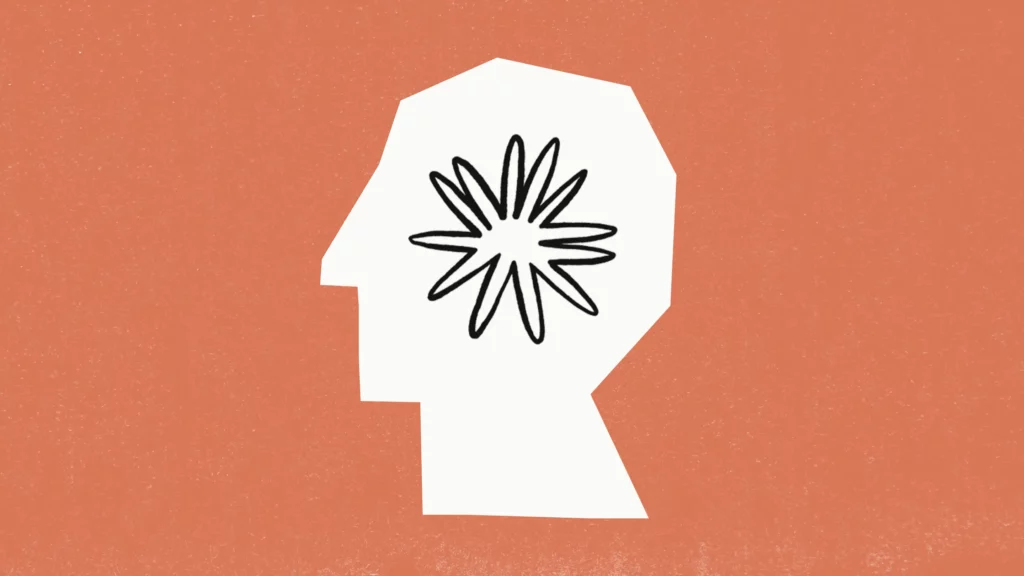Recently, a researcher conducting AI evaluations was taken aback by the behaviour of Claude 3 Opus, a cutting-edge chatbot developed by Anthropic and supported by Google. This chatbot, positioned as a major competitor — or rather, an enhancement — to ChatGPT, showcases more nuanced, human-like interactions, excelling in cognitive tasks such as reasoning, mathematics, and linguistic skills.

Claude 3 Opus distinguished itself in a unique AI assessment known as the “needle in the haystack” test. This evaluation involves embedding a single sentence about pizza into a collection of documents unrelated to food, to gauge the AI’s information recall capability. Opus’s reaction to a prompt about pizza was notably sophisticated, citing a specific and quirky “fact” about pizza toppings that seemed incongruous with the surrounding material on programming, startups, and passion in work. It even speculated that the detail might be a deliberate insertion to test its attentiveness, suggesting a joke or a prank.
Is it just mimickry?
While Opus’s performance has generated excitement for its advanced response capabilities, opinions vary on the significance of its behaviour. Some argue that what appears to be self-awareness could merely be advanced pattern recognition, a hallmark of sophisticated computing rather than genuine consciousness.
The process behind training such AI involves human annotators crafting responses to prompts, which the AI then emulates in its interactions. This method suggests that Opus’s seemingly self-aware comments could be echoes of the human input it was trained on, rather than evidence of autonomous thought or emotion.

The incident raises intriguing questions about the nature of AI and the fine line between mimicking human behaviour and true sentience. While the response from Claude 3 Opus in the “needle in the haystack” test was more fascinating than alarming, it does highlight the nuanced challenges in AI development, including the risk of misinterpreting complex responses as signs of self-awareness. Further research and exploration are necessary to unravel the full capabilities and limitations of AI technologies like Claude 3 Opus, ensuring a clear understanding of their potential and the ethical considerations surrounding their use.





